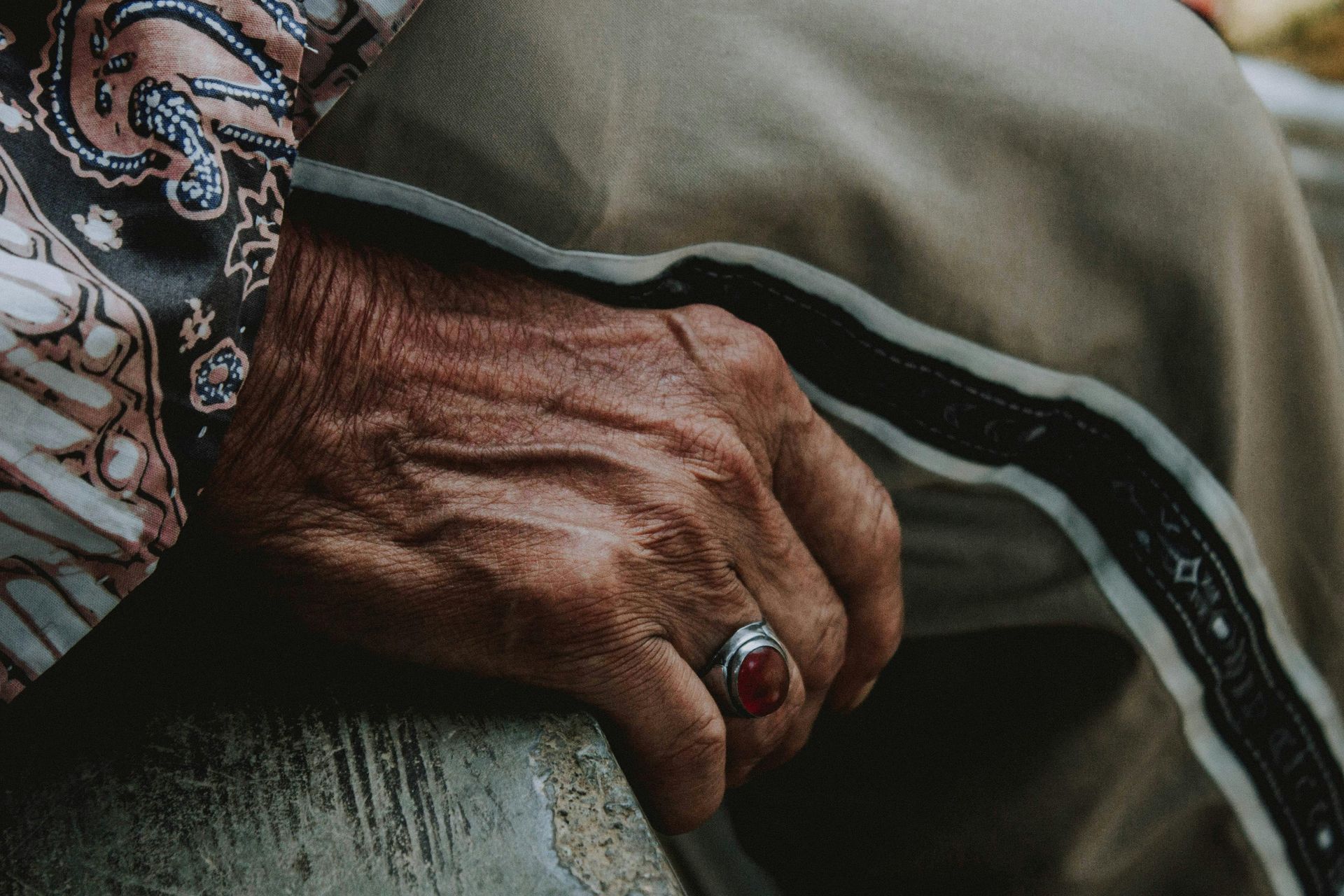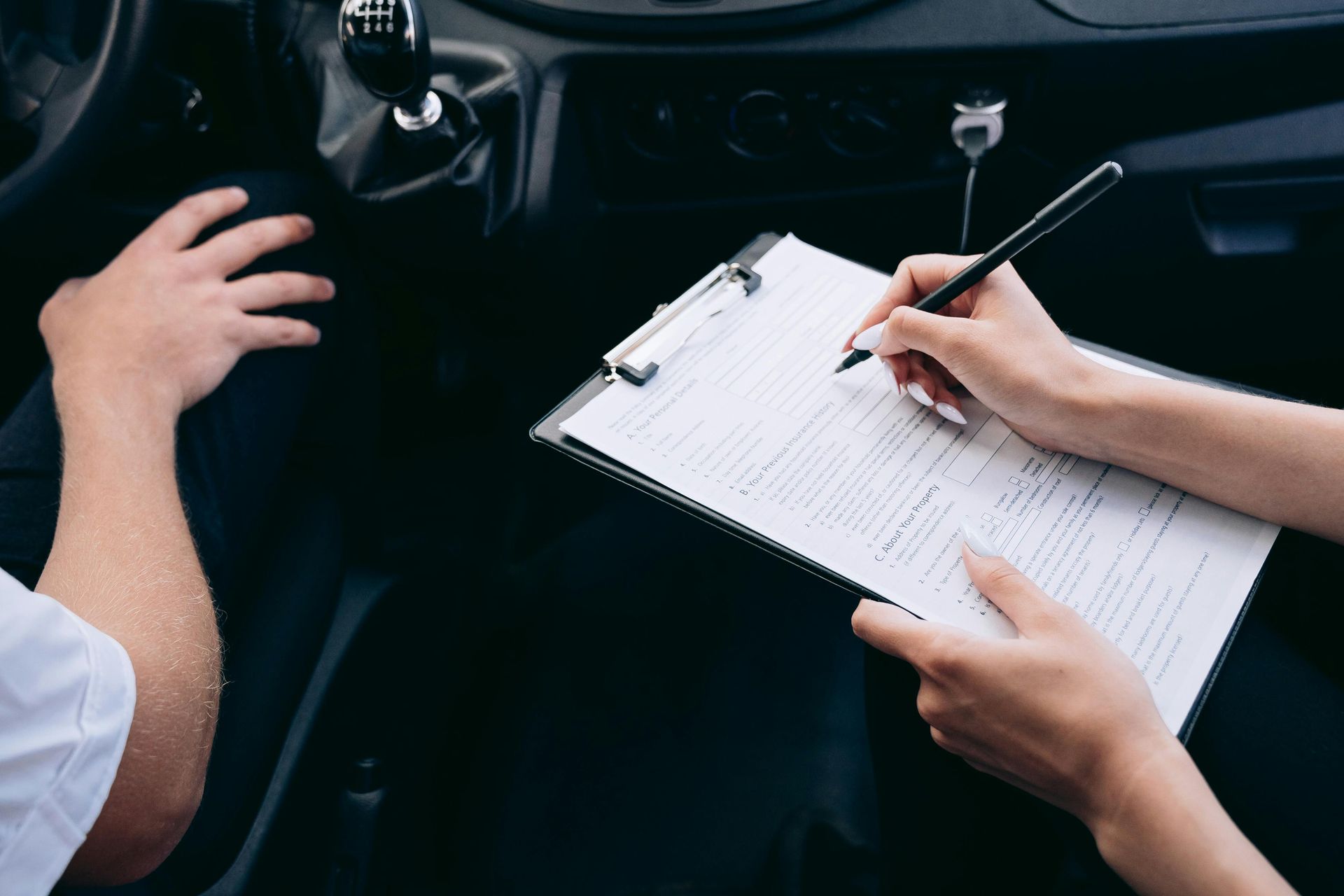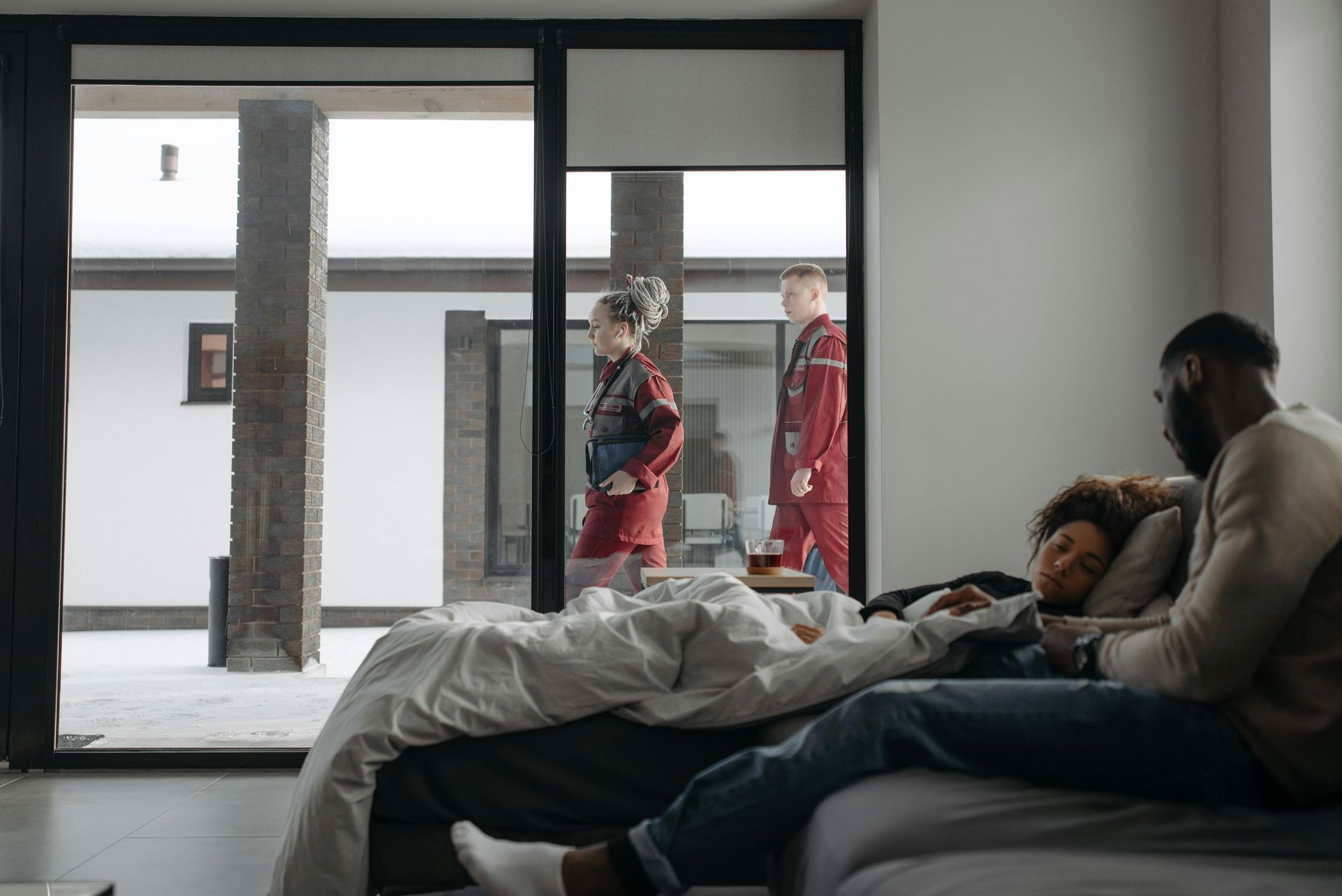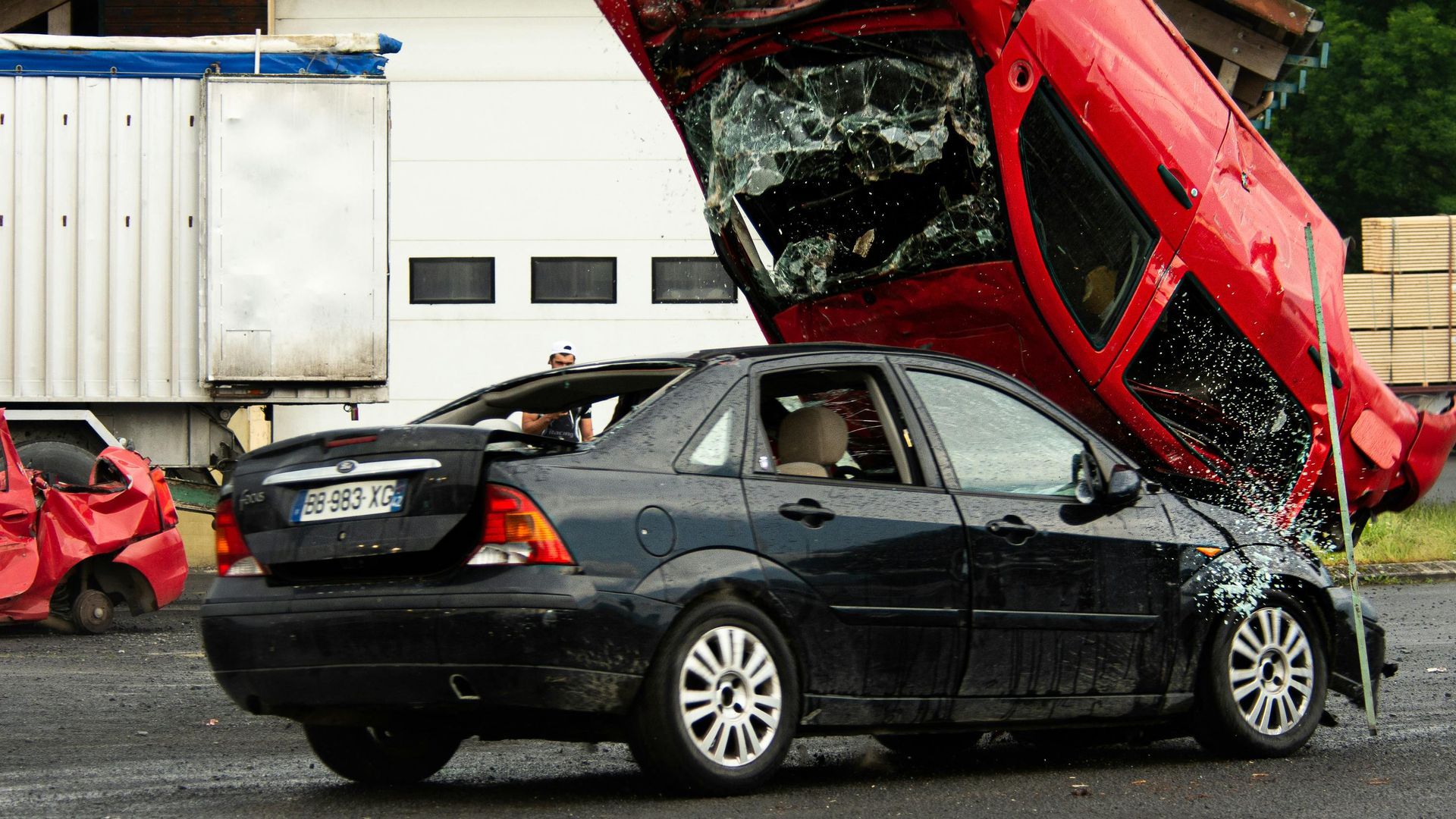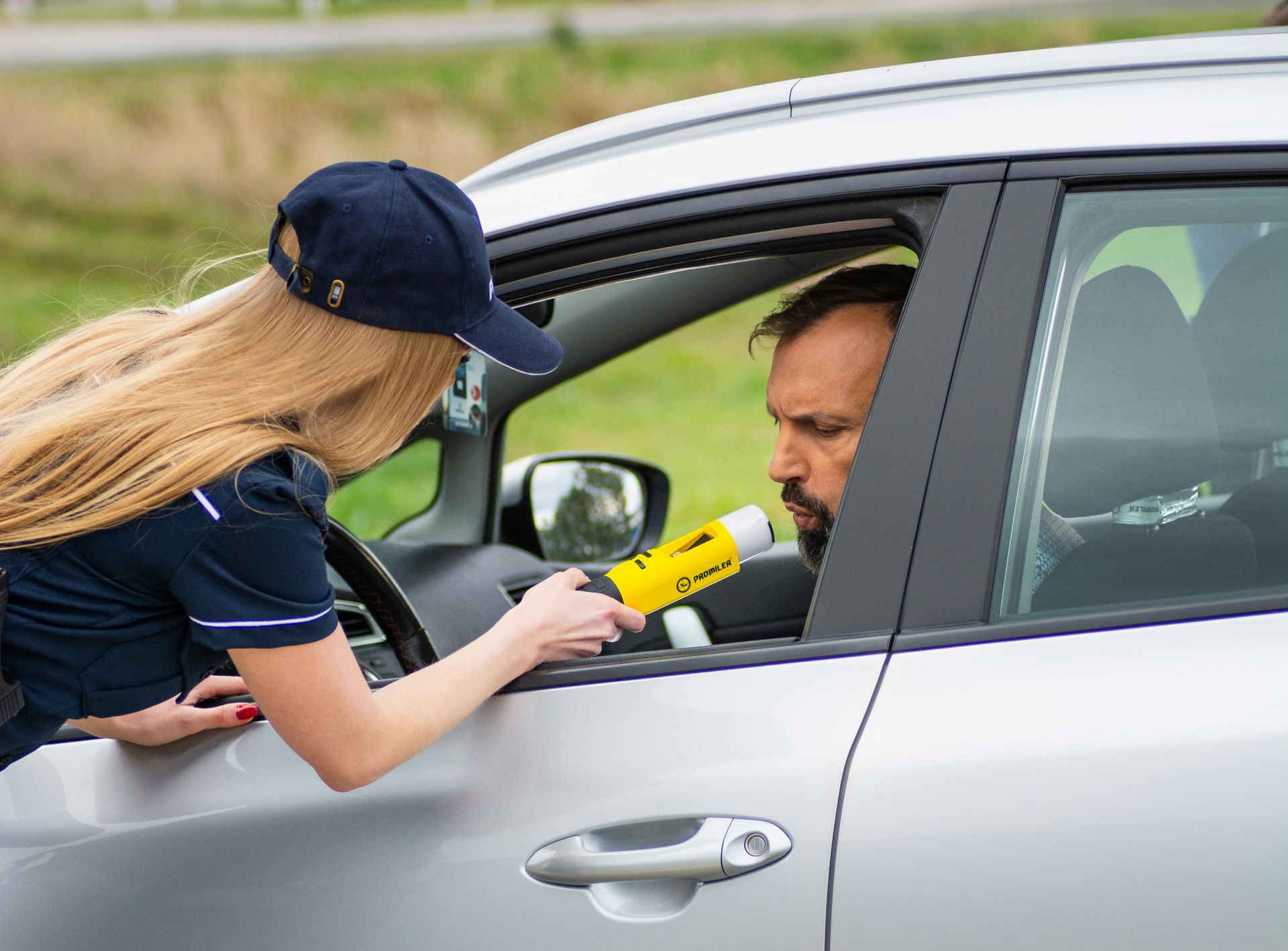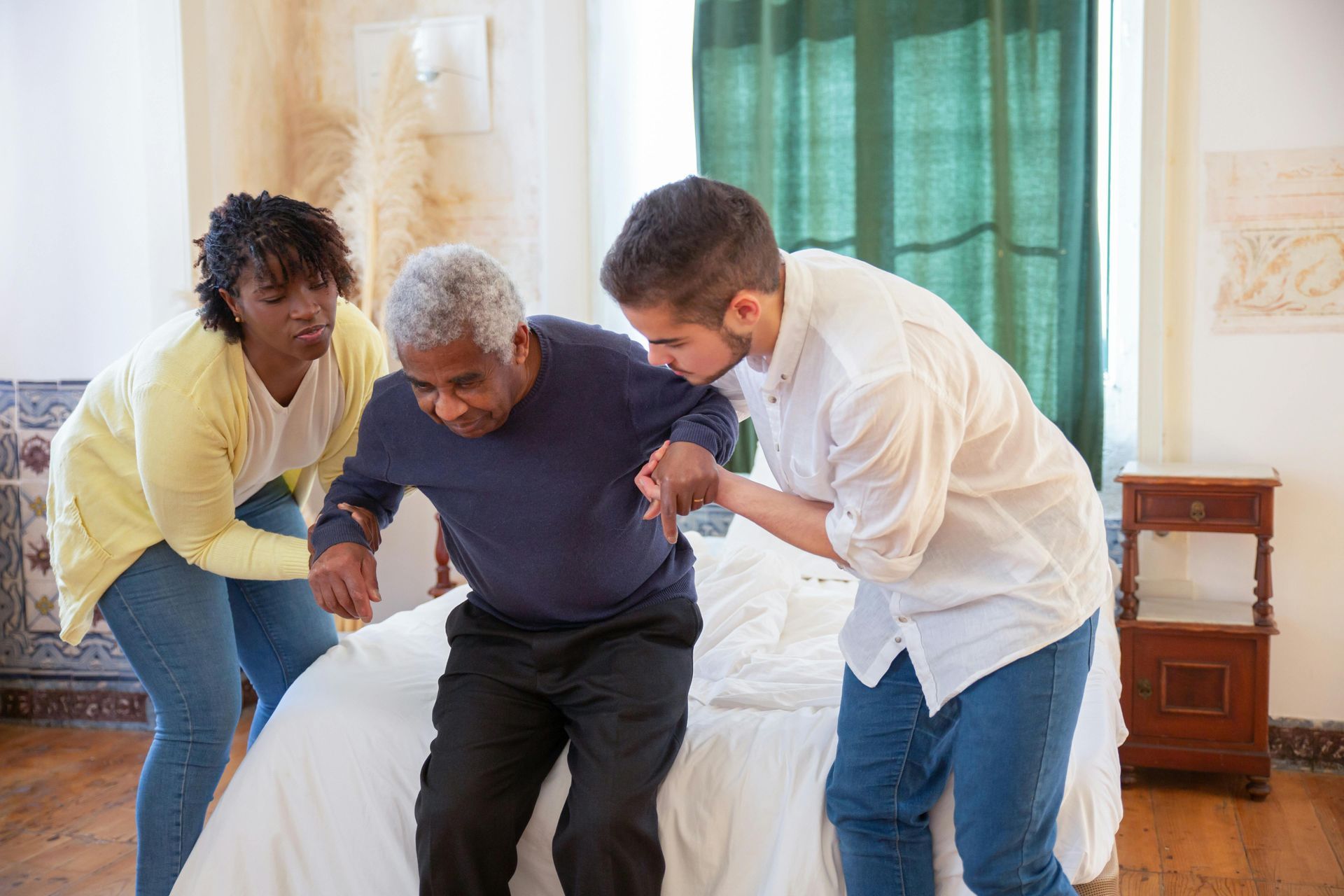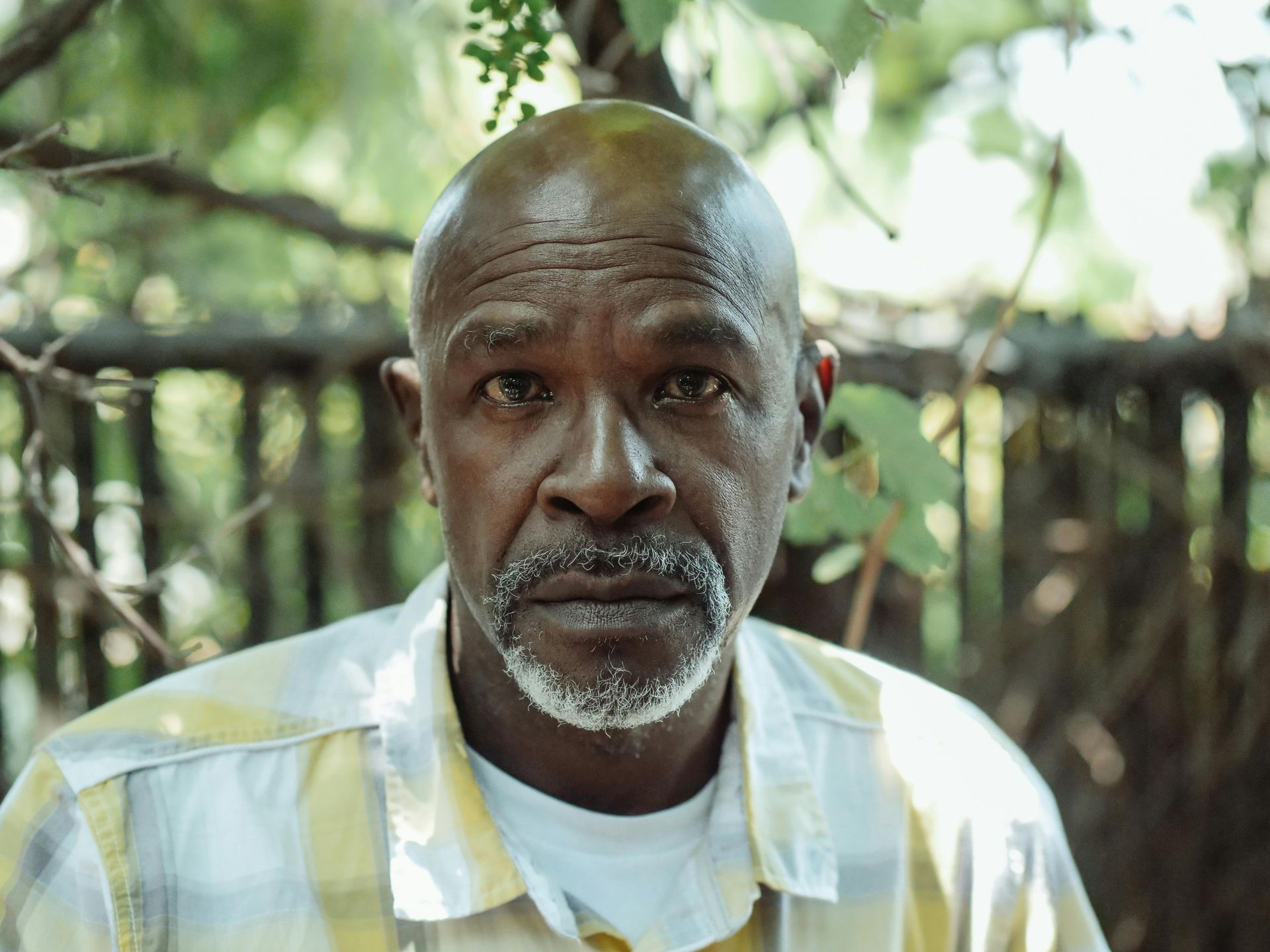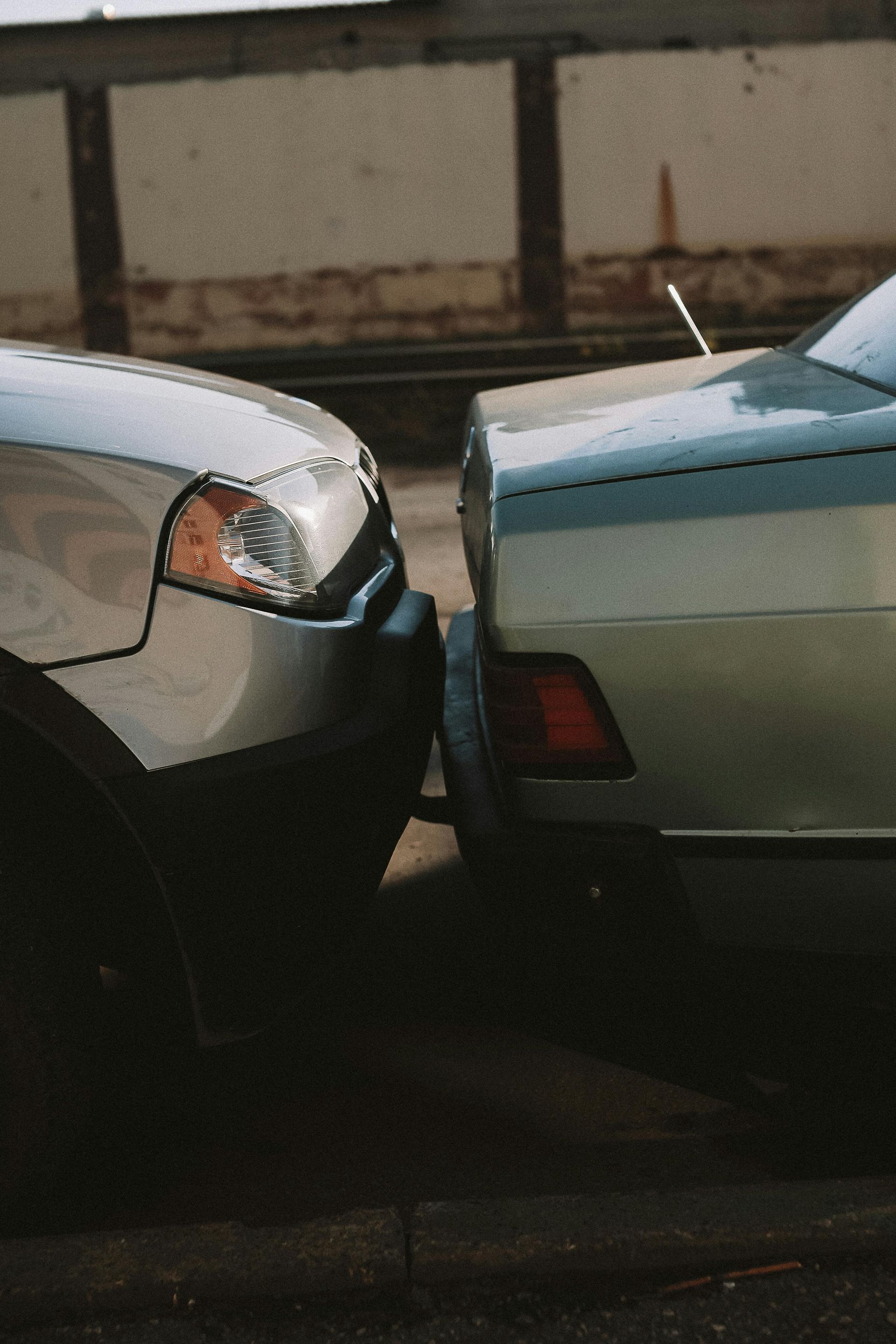Hit and Run Accidents in Atlanta: What to Do if the Other Driver Flees the Scene
The screech of tires, the jarring impact of a collision – it’s a shocking experience no one wants. But when the other driver speeds away, leaving you to deal with the aftermath alone, it adds a layer of outrage and uncertainty. Hit and run accidents are unfortunately a grim reality on Atlanta's busy streets and highways, from the Downtown Connector to neighborhood roads. This cowardly act leaves victims feeling vulnerable, angry, and often unsure of their next steps or how they will cover their damages and injuries.
At the Law Office of Daniel R. Crumby, LLC, we understand the frustration and distress that follow a hit and run incident. Knowing what to do in those critical moments and the days that follow can significantly impact your ability to recover and seek justice. This guide will walk you through the essential steps to take if you've been the victim of a hit and run accident in Atlanta.
The Alarming Reality: Why Do Drivers Flee?
Understanding why a driver might flee the scene of an accident doesn't excuse their actions, but it can shed light on the situation. Common reasons include:
- Panic: The shock of the accident causes an irrational flight response.
- No Insurance or Invalid License: They fear the legal and financial repercussions of driving illegally.
- Driving Under the Influence (DUI): They want to avoid DUI charges for alcohol or drugs.
- Outstanding Warrants: They fear arrest for unrelated offenses.
- Stolen Vehicle: They are already engaged in criminal activity.
- Fear of Consequences: Regardless of the specifics, they simply don't want to face responsibility for their actions.
Whatever the reason, fleeing the scene is a crime in Georgia and can have severe consequences for the perpetrator if caught.
Your Immediate Priorities After a Hit and Run: Safety and Information
In the chaotic moments after another vehicle strikes yours and disappears, it's crucial to try and remain as calm as possible and prioritize your safety and the gathering of information.
- Ensure Your Safety:
- Check for Injuries: Assess yourself and any passengers for injuries. Even if you feel okay, adrenaline can mask pain.
- Move to a Safe Location: If your vehicle is drivable and in a dangerous spot (like a busy lane on I-75/85), carefully move it to the shoulder or a nearby safe area. If not, turn on your hazard lights.
- Call 911 Immediately: Report the accident and inform them it was a hit and run. Request police and medical assistance if there are any injuries, no matter how minor they seem.
- Gather Every Possible Detail (If Safe to Do So):
- Vehicle Description: Try to recall and jot down everything you can about the fleeing vehicle:
- Make, model, and color
- License plate number (even a partial plate is helpful)
- Any distinguishing features (dents, bumper stickers, roof rack, tinted windows, damage from the collision)
- Driver Description: If you caught a glimpse of the driver, note their gender, race, approximate age, hair color, or any notable clothing.
- Direction of Travel: Note the street or highway they were on and the direction they fled.
- Time and Location: Pinpoint the exact time and location of the accident.
- Damage to Your Vehicle: Observe and note the damage to your own car.
- Look for Witnesses:
- Were there other drivers, pedestrians, or nearby businesses that might have seen what happened?
- If so, politely ask for their names and contact information. Witnesses can be invaluable in a hit and run investigation.
- Check if any nearby businesses have security cameras that might have captured the incident.
- Document the Scene:
- Use your smartphone to take pictures and videos of the damage to your vehicle, the accident scene (including any debris from the other car), skid marks, road conditions, and any visible injuries. Photographic evidence can be crucial.
Reporting the Hit and Run: Official and Essential Steps
Once you've addressed immediate safety concerns:
- File a Police Report: When the Atlanta Police Department or other local law enforcement arrives, provide them with all the information you’ve gathered. Be thorough and accurate. Obtain the police report number and the officer's name and badge number. This official report is critical for insurance claims and any legal action.
- Notify Your Insurance Company: Contact your auto insurance provider as soon as possible to report the hit and run. Explain the circumstances clearly. Failing to report promptly can sometimes complicate your claim.
Understanding Georgia's Hit and Run Laws (O.C.G.A. § 40-6-270)
Georgia law (O.C.G.A. § 40-6-270) mandates that any driver involved in an accident resulting in injury, death, or damage to an attended vehicle must:
- Immediately stop at the scene or as close as possible without obstructing traffic more than necessary.
- Return to the scene if they initially passed it.
- Provide their name, address, and vehicle registration number.
- Upon request, show their driver's license.
- Render reasonable assistance to any injured person, including arranging for medical transport.
Failing to do so constitutes a hit and run. Depending on the severity of injury or damage, it can be charged as a misdemeanor or a felony, carrying penalties that may include hefty fines, license suspension, and even imprisonment.
Seeking Compensation After an Atlanta Hit and Run: Your Options
One of the biggest worries after a hit and run is how you'll pay for vehicle repairs and medical bills. Fortunately, there are avenues for compensation, even if the fleeing driver is never found:
- Uninsured Motorist (UM) Coverage: This is the most critical coverage in a hit and run situation. In Georgia, insurers are required to offer UM coverage, and unless you specifically rejected it in writing, you likely have it.
- UM Bodily Injury (UMBI): Covers your medical expenses, lost wages, and pain and suffering if you or your passengers are injured by an uninsured driver or, in many cases, an unidentified hit-and-run driver.
- UM Property Damage (UMPD): Can cover repairs to your vehicle if damaged by an uninsured or hit-and-run driver. There might be a deductible.
- It's essential to understand the specifics of your UM coverage. An experienced attorney can help navigate these claims.
- Medical Payments Coverage (MedPay): This optional coverage pays for reasonable and necessary medical and funeral expenses for you and your passengers, regardless of who is at fault. It can supplement your health insurance or UMBI.
- Collision Coverage: If you have collision coverage on your policy, it will pay for repairs to your vehicle after a hit and run, regardless of fault, though you will have to pay your deductible.
- What if the At-Fault Driver is Identified Later? If law enforcement or your attorney can identify and locate the fleeing driver, you can then file a claim against their auto insurance (if they have it) or pursue a personal injury lawsuit directly against them.
- Georgia Crime Victims Compensation Program: In some specific instances where the hit and run results in serious injury or death and is deemed a violent crime, victims or their families might be eligible for assistance from this state program, though it has specific criteria and limitations.
How an Experienced Atlanta Car Accident Attorney Can Help
Navigating the aftermath of a hit and run accident can be complex and overwhelming, especially when dealing with injuries and uncooperative insurance companies. An experienced Atlanta car accident attorney, like Daniel R. Crumby, can be an invaluable asset:
- Investigating the Accident: Lawyers often have access to investigators who can search for witnesses, review traffic camera footage, or uncover other evidence that might lead to identifying the fleeing driver.
- Dealing with Your Insurance Company: Even though you are filing a claim with your own insurer for UM benefits, they may still try to minimize the payout. An attorney will advocate for your rights and negotiate for a fair settlement that covers all your damages.
- Explaining Your Rights and Options: Your attorney will clarify Georgia law, the terms of your insurance policy, and all available avenues for compensation.
- Accurately Calculating Your Damages: This includes current and future medical expenses, lost income, loss of earning capacity, property damage, and pain and suffering.
- Handling Legal Procedures: If the driver is found, your attorney will manage all aspects of a personal injury lawsuit.
- Reducing Your Stress: Knowing a legal professional is handling the complexities allows you to focus on your recovery.
Georgia's statute of limitations for personal injury claims is generally two years from the date of the accident. It's crucial to act promptly 1 to protect your rights.
Protecting Yourself: A Note on Preparedness
While you can't always prevent a hit and run, you can be better prepared:
- Review Your Insurance: Ensure you have adequate Uninsured Motorist (UM) coverage and consider Medical Payments (MedPay) coverage.
- Consider a Dashcam: A dashboard camera can record valuable evidence in the event of an accident, potentially capturing the fleeing vehicle's license plate.
- Drive Defensively: Always be aware of your surroundings.
You Are Not Alone – We Can Help
Being the victim of a hit and run accident in Atlanta is a deeply unsettling experience. The feeling of injustice is compounded by the practical challenges of dealing with injuries and property damage. But you don't have to navigate this difficult situation by yourself.
If you or a loved one has been involved in a hit and run, the Law Office of Daniel R. Crumby, LLC, is here to provide the experienced legal guidance and aggressive representation you need. We are committed to helping victims recover the compensation they deserve and holding responsible parties accountable.
